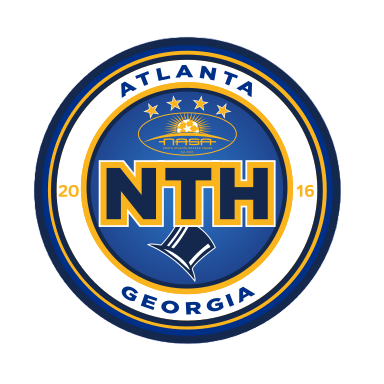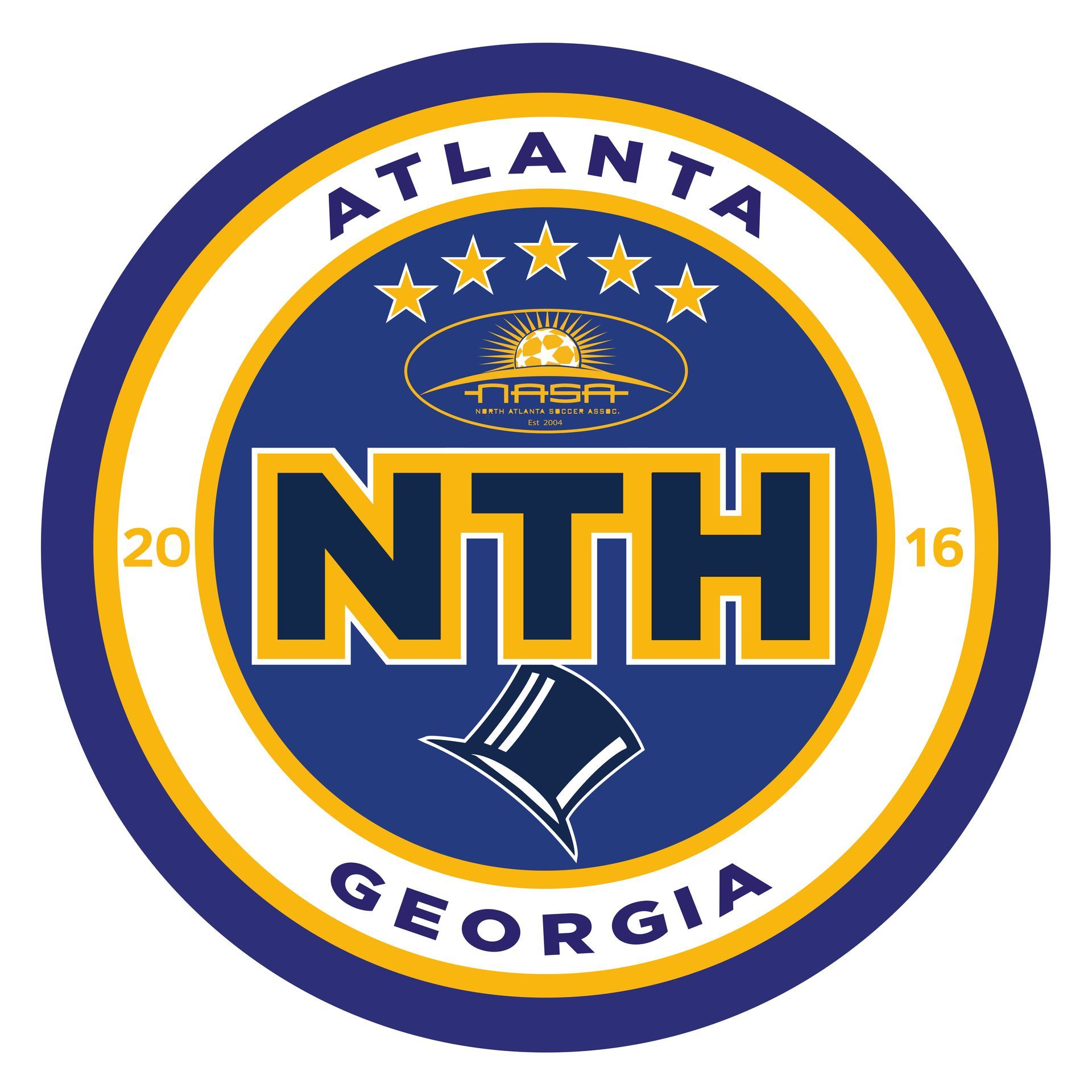NASA Tophat is happy to provide free coaching resources for all of our volunteer recreational coaches. Below please find your appropriate age group and the resources for that group. If you have any questions, please contact your assigned Park Director. For a list of Park Directors, please check this listing on our website HERE.
NTH Gameday Handbook For U6 & U8 Parents (Metro, Quest, Cherokee locations)
Please note, academy and select players are not eligible to play within the recreational program.
-
U6 And Younger
It is important for coaches to have a basic understanding of the intellectual, emotional, and physical developmental stages of the players that we are coaching in order to make practices run smoothly while also being fun. Here are some typical characteristics of the Under 5/6 player.
- Focused on themselves – reality to them is based on what they see and feel
- Unable to see the world from another’s perspective
- Everything is in the here and now
- Cooling systems are less efficient - need frequent water breaks
- Enjoy playing, not watching. Every player should have a ball in practice
- Limited attention span - keep directions concise and to the point
- Effort is performance – if they try hard, they are doing well
- Active imaginations – utilize their imagination in activities, and they will love practice!
- Look for adult approval – be encouraging when they say “Coach, look what I can do!”
- Unable to think abstractly – spatial relationships are a mystery
- Typically have 2 speeds -- extremely fast and stopped
- Usually unaware of game scores – keep it that way
-
U7 & U8
It is important for coaches to have a basic understanding of the intellectual, emotional and physical developmental stages of the players that we are coaching in order to make practices run smoothly while also being fun. Here are some typical characteristics of the Under 8 player:
- Enjoy playing in pairs
- Are now able to take another’s perspective
- Still unable to think abstractly – be patient
- Cooling system still less efficient than adults – still make sure to give frequent water breaks
- Still prefer playing to watching – keep everyone active during practice
- Limited attention span
- Have an understanding of time and sequence – “if I do this, then that happens”
- Some now have a third or fourth speed in addition to stopped and as fast as possible
- Very aware of adult reactions – be very aware of your reactions
- Seek out adult approval and need reassurance – be supportive
- Begin to become aware of peer perception – a social order is beginning to develop.
- Wide range of abilities between children at this age
- Beginning to develop motor memories
- Some become more competitive
- Less active imaginations than U6 players
-
U10
It is important for coaches to have a basic understanding of the intellectual, emotional and physical developmental stages of the players that we are coaching in order to make practices run smoothly while also being fun. Here are some typical characteristics of the Under 10 player:
- Attention span lengthens and they start to show the ability to sequence thoughts and actions.
- Players start to think ahead and think “If this, then that”
- Players are more inclined towards wanting to play soccer rather than being told to play
- Demonstrate increased self-responsibility
- Players start to recognize fundamental tactical concepts
- Begin to become aware of peer pressure.
- Players affiliate with their team or their coach
- There is a wide continuum of maturity evident on most teams.
- U10 is still a crucial age for technical skill development.
-
U12
It is important for coaches to have a basic understanding of the intellectual, emotional and physical developmental stages of the players that we are coaching in order to make practices run smoothly while also being fun. Here are some typical characteristics of the Under 12 player:
- All children are maturing at different rates and are sensitive to that fact.
- Need to warm-up and stretch as muscle pulls and other nagging injuries tend to become more common.
- Typically understand elemental abstract concepts and hypothetical situations.
- They like to solve problems.
- Peer evaluation is a constant.
- Egos are sensitive.
- Coordination may depend on whether or not they are in a growth spurt.
- Technique still needs to be reinforced constantly.
- Playing too much can lead to overuse injuries.
- Playing too much and not feeling like they have a choice in the matter can lead to burnout and drop-out.
- This is the dawn of tactics!
- Keep asking the players to be creative and to take risks.
- Ask for feedback from them. They will tell you how things are going.
- Try to hand over leadership and ownership of the team to them. They will enjoy leading and it will add to the learning environment.
-
U14-U19
It is important for coaches to have a basic understanding of the intellectual, emotional and physical developmental stages of the players that we are coaching in order to make practices run smoothly while also being fun. Here are some typical characteristics of the Under 14-19 player.
Under 14:
- At these ages, ball skills, enjoyment and insight into the game, with a gradual introduction to fitness, mental toughness, and results are the keys.
- Success in winning matches should begin to be the product of a consistent and systematic approach to the game that focuses more on player development than on team building.
- These players are a long way from being “complete”.
- Encourage players to play in different positions. Don’t pigeonhole players based only on what is best for getting the result.
- Their focus should be on how their decisions and their ball skill help or hinder their team’s ability to win at whatever game or exercise that they play.
- Focus on players developing into better players who can figure out how to win than with telling them exactly what to do.
Under 16:
- Players should be comfortable dealing with the ball in a variety of situations,
- Look to address how basic tactical issues can influence the game.
- High and low pressure, keeping your back line connected with your attacking players during possession in your attacking half of the field, or rhythm of play issues can be addressed.
- Some basic positional responsibilities and how, as a team, these responsibilities are interconnected can be addressed.
- Players should aspire to have technical precision. Accountability for their execution and decisions with the ball should be recognized (how it impacts the game).
Under 19:
- Improvement is based on how well the player has developed up to this point. Therefore, focus on fine-tuning the qualities that already exist.
- Areas that can still be influenced greatly are game insight, physical conditioning and attitude.
- Practices should always contain the following elements: competition, critical thinking and technical repetition.
- Players should be able to recognize the needs of a particular game and how to make the appropriate adjustments.
- Different scenarios can be addressed such as, playing in the last 15 minutes of a game with a lead, when the game is tied, or when your team is losing.
-
Ball Mastery For U6-U8
Click on the appropriate age group below to view our ball mastery seasonal plan.




